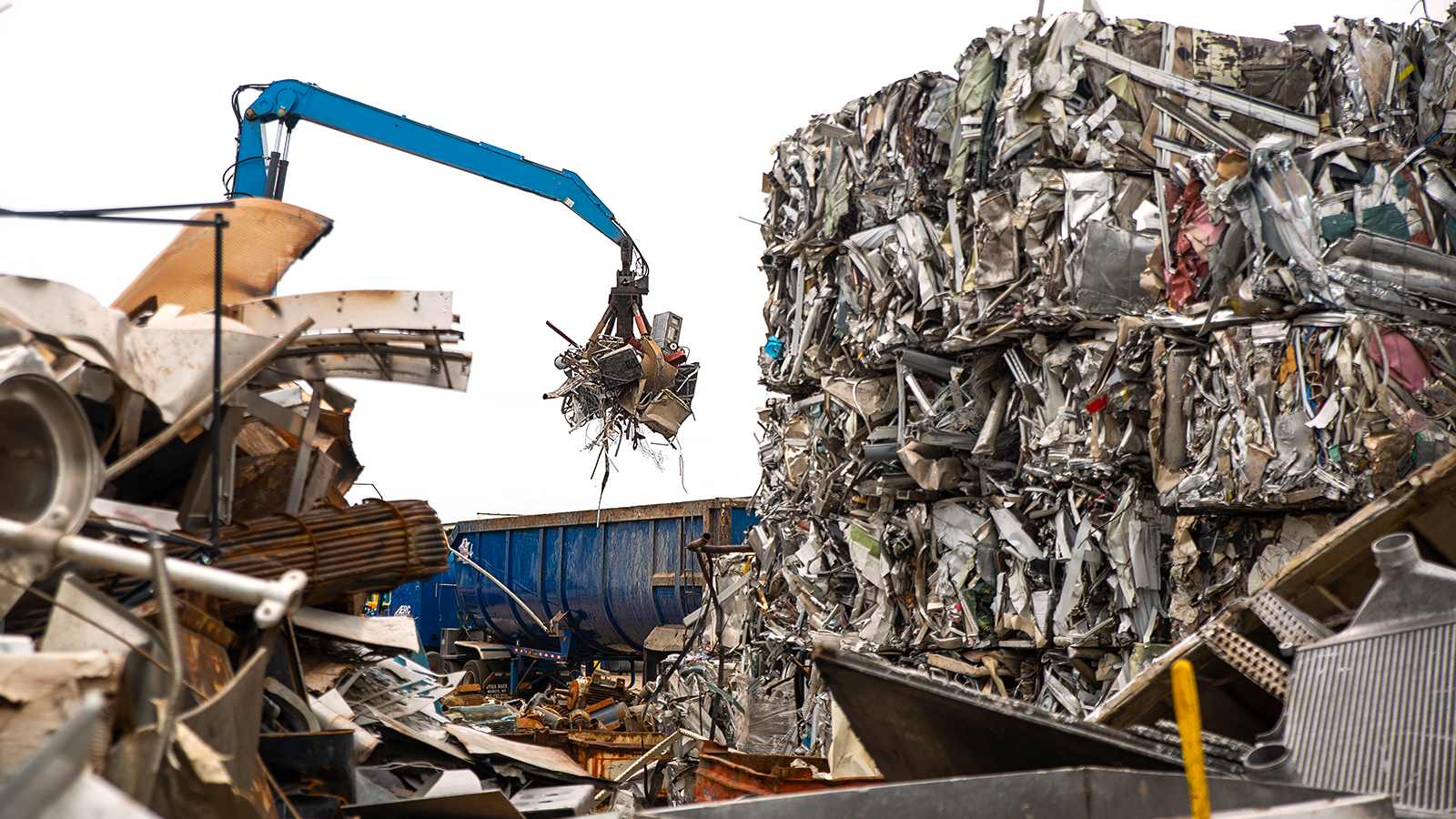The Metal Recycling Corporation: A Pillar of Sustainable Industry
Introduction: The Importance of Metal Recycling
In an era defined by environmental consciousness, the metal recycling industry stands as a cornerstone of sustainability. The Metal Recycling Corporation (MRC) has emerged as a leader in this critical sector, demonstrating a commitment to both environmental responsibility and economic viability. This article delves into the operations, impact, and future of MRC, showcasing its role in shaping a greener tomorrow.
MRC’s History and Mission

Founded in [Year of Founding], MRC has steadily grown from a local scrap metal processor to a national force in metal recycling. The company’s mission is to provide efficient and environmentally sound metal recycling services, minimizing waste and maximizing resource recovery. MRC’s core values include:
Environmental Stewardship: Prioritizing the protection of ecosystems through responsible recycling practices.
MRC’s Recycling Processes
MRC employs state-of-the-art facilities and equipment to handle a wide range of ferrous and non-ferrous metals. The recycling process typically involves the following stages:

Collection: MRC collaborates with businesses, industries, and individuals to collect scrap metal. This includes providing containers, arranging transportation, and establishing efficient collection systems.
MRC’s Impact on the Environment
MRC’s operations have a significant positive impact on the environment:
Resource Conservation: By recycling metals, MRC reduces the demand for mining new ores, which can be environmentally destructive.
MRC’s Economic Contributions
MRC’s activities also have a substantial economic impact:
Job Creation: The company provides employment opportunities in various roles, from collection and processing to administration and management.
MRC’s Commitment to Innovation
MRC is dedicated to continuous improvement and innovation in metal recycling technologies. The company invests in research and development to enhance efficiency, reduce environmental impact, and expand the range of recyclable materials. Some examples of MRC’s innovations include:
Advanced Sorting Systems: Utilizing artificial intelligence and machine learning to improve the accuracy and speed of metal sorting.
MRC’s Community Engagement
MRC recognizes the importance of community engagement and actively participates in initiatives that promote sustainability and environmental awareness. The company supports local recycling programs, educates the public about the benefits of metal recycling, and partners with organizations to create a more sustainable future.
MRC’s Future Outlook
The future of MRC is bright, with the company poised to play an even greater role in the global transition to a circular economy. As demand for sustainable solutions grows, MRC is well-positioned to expand its operations, invest in new technologies, and continue its mission of environmental stewardship and economic growth.
Conclusion: MRC as a Model for Sustainable Business
The Metal Recycling Corporation exemplifies the potential of businesses to be both profitable and environmentally responsible. By prioritizing sustainability, innovation, and community engagement, MRC has established itself as a leader in the metal recycling industry and a model for other companies to follow. As the world moves towards a more sustainable future, MRC’s contributions will be essential in preserving resources, protecting the environment, and building a thriving economy.



